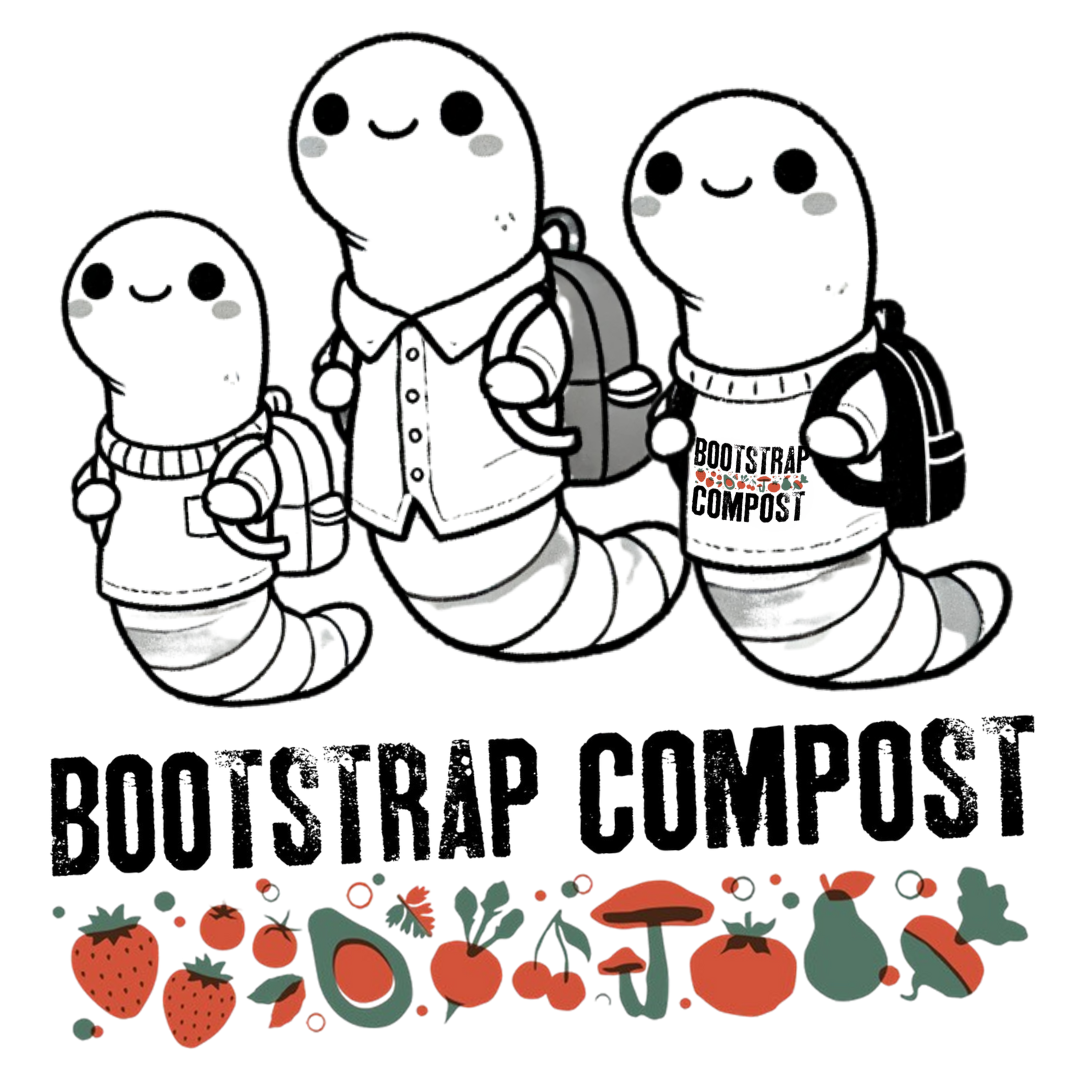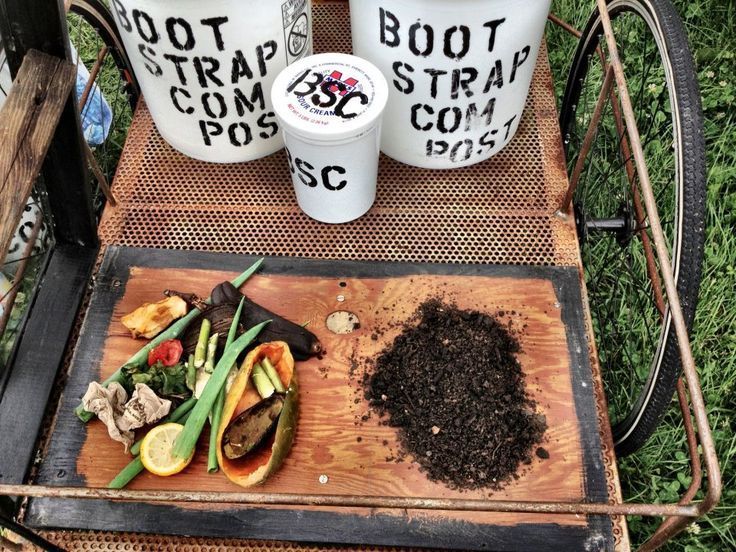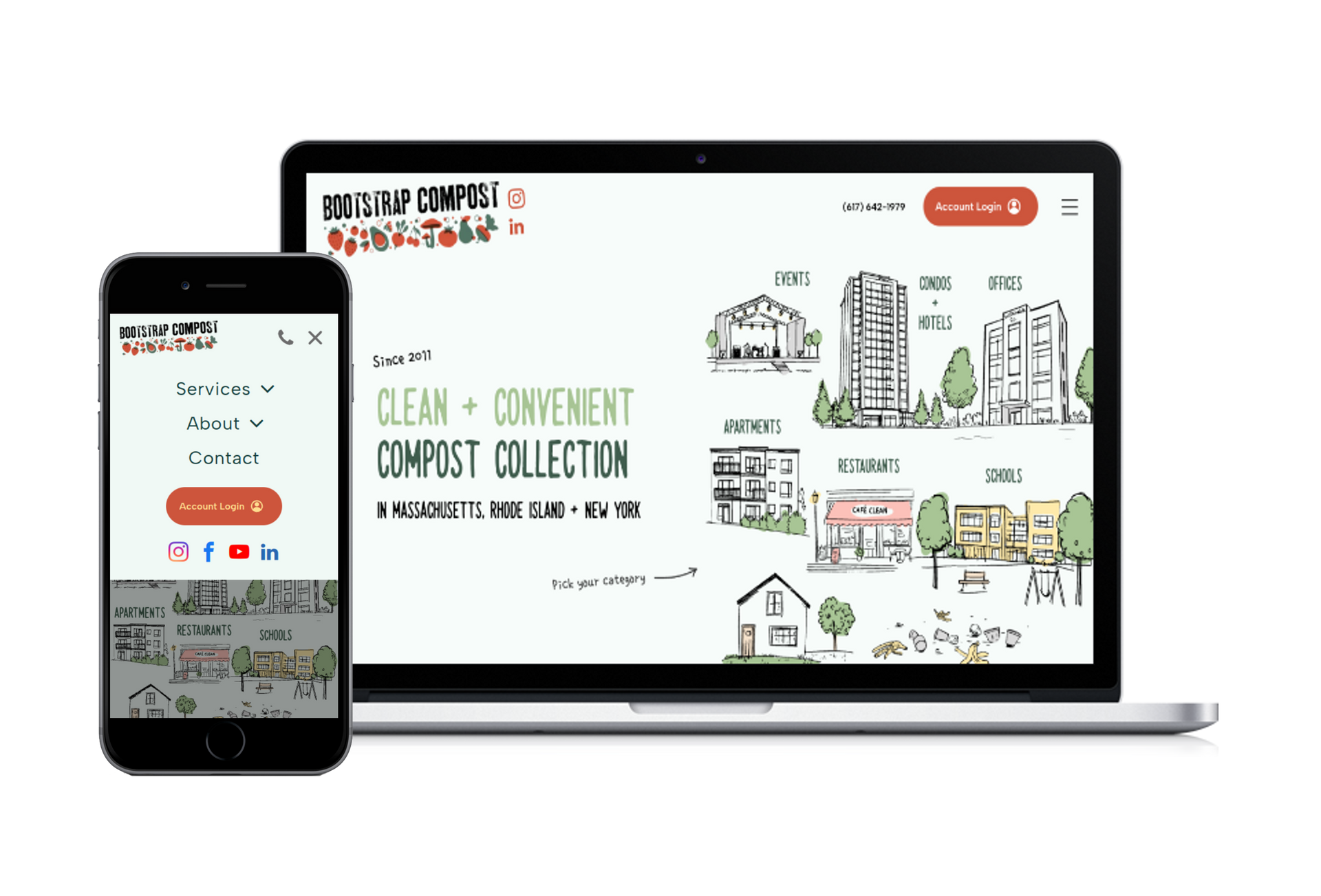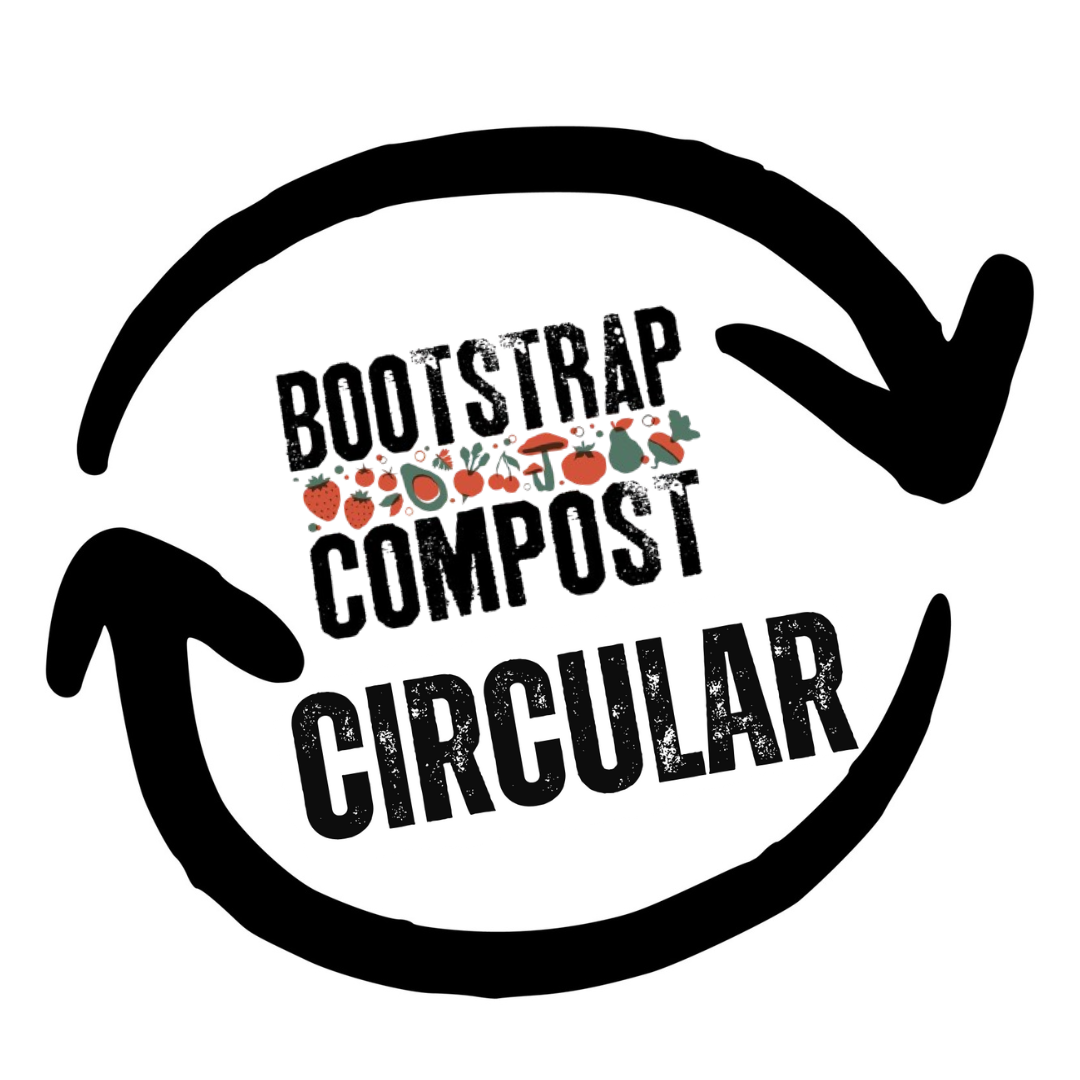
Bootstrap works with an array of clients — from individual households to entire apartment buildings; from small offices to corporate campuses; from block parties to Bar Mitzvahs. Clearly, we cover quite a bit of ground! But as our HQs in Mass and RI have FILLED UP with our branded 48-gallon toters collected from schools on break (albeit not for long), we find ourselves reflecting on the unique impact our school partners are making through this whole composting thing.
And while the hard metrics — pounds diverted, GHGs eliminated, compost created — are indeed impressive, what really gets us excited is
WHY
schools make for such effective composting partners. Here’s our take:
Built into Institutional Workflows
Schools maintain a predictable volume of compostables. The task then is relatively simple: implement systems for capturing appropriate feedstocks, such as apples (so many apples), cardboard trays and virtually any uneaten meals. Our composting efforts are bolstered by clearly labeled bins, educational programming conducted by Bootstrap staff, and student-led green teams that assist with mitigating contamination and motivating their peers on best practices.
Symbiotically Beneficial
By actively participating in on-site organics collection, students gain hands-on experience that transforms abstract curricular concepts in science, math, and social studies into tangible, real-world applications. If a partnering school maintains a garden, the education cycle broadens even more via the application of the finished compost to advance growth and soil remediation. In the end, school composting programs impart timeless information about ecological cycles and environmental stewardship.
Opportunity for Impact
Big systems thinking! By integrating composting programs into their operations, schools provide a tangible platform for students to learn firsthand about waste management systems, inspiring them to consider the logistical, economic, and social requirements for creating effective and sustainable solutions. Indeed, one little composting program can have a major ripple effect. It can spark dozens of dinnertime conversations. We have seen students present at town halls, launch school garden clubs, and influence citywide composting policy.
In the end, schools generate much more than just food waste — they generate opportunities. During the 2024-25 academic year, Bootstrap Compost partnered with over 150 schools across New England. We have seen firsthand how composting can enrich both the environment and the educational experience.
Highlights from the 2024–25 School Year:
Milton Academy (MA): ~35,000 lbs diverted
North Andover School District (MA): ~143,500 lbs diverted
North Providence School District (RI): ~36,100 lbs diverted
Providence Public School District (RI): ~58,750 lbs diverted
We’re proud to continue our longstanding partnership with RI Resource Recovery’s Recycling Club — educating and empowering students to lead waste-wise lives.
Help Us Reach 300 Schools!
Teachers, parents, and school staff: want composting at your school? Let’s make it happen. Our goal is to serve 300 schools by 2026 and we can do it with your help. Indeed, having allies in the trenches (schools hallways and parking lots) is a massive boon to the composting cause!
Email us at info@bootstrapcompost.com to be part of the movement.




